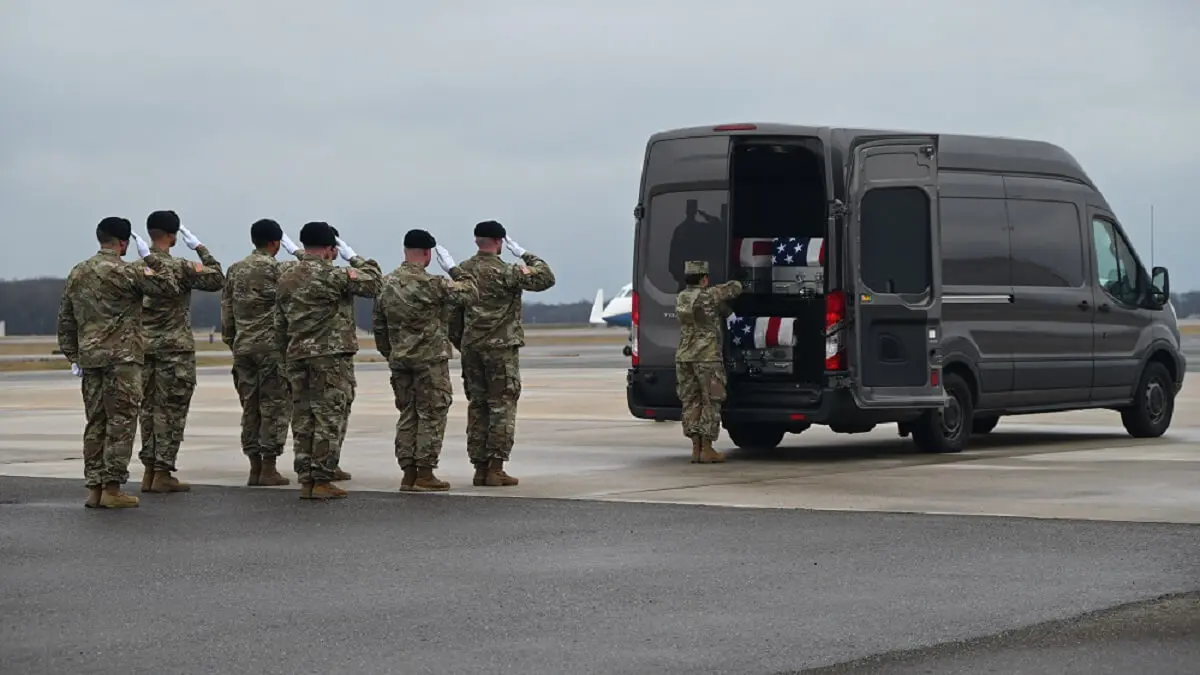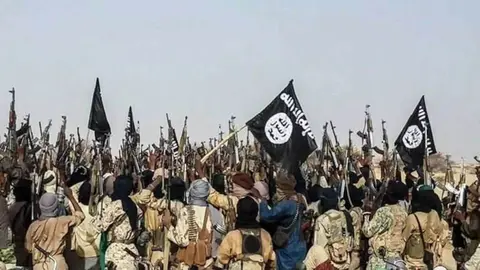The United States commands respect

Pro-Iranian militias have crossed a difficult red line by attacking US troops in Jordan and killing three US soldiers.
Washington's response against more than 80 Iranian targets in Iraq and Syria has been forceful with the intention of imposing respect in the delicate framework of avoiding the extension of the conflict. Thus, the attack has not been directly against targets in Iran. The focus is on the US attack, while the question of what Iranian troops are doing in those countries, what targets they are harbouring, should be raised.
Key is US support for Israel in its operation to wipe out Hamas in Gaza and to liquidate pro-Iranian groups supported by the Iranian Revolutionary Guard's Al Quds brigades in places such as the West Bank, Lebanon, Syria, Yemen and Iraq.
Instability in the Middle East
The risk of an escalation of the fighting grows daily. It is rocking in a sea where the parties are at each other's throats, but without reaching a direct degree that would inevitably lead to open war. The consequences would be unpredictable. But there comes a time when prudence cannot be confused with weakness and loss of respect and credibility. This is the case with the Houthi terrorists in Yemen who have severely damaged international trade with their attacks in waters near the Red Sea, until the United States, the United Kingdom and other countries have responded forcefully and destroyed several Houthi installations. The standoff continues.
With the death of three US soldiers in Jordan, Iran is seeking to extend the conflict and involve Washington even more directly. Creating chaos in the region because the fanatical terrorists do not care about endangering the lives of their people, as we have seen in Gaza, what they want is to create a situation that allows them to gain ground for their interests in power and money in the different regions. Behind this is Iran, which is pulling the strings, and Putin's Russia, which with calculated investment is achieving valuable benefits, including attrition and distraction of its enemies who support the Ukrainians.
It should not be forgotten that a generalised explosion of violence in the Middle East would have a direct and fatal impact on the price of oil and thus deal a severe blow to Western economies. This is the great trump card of the ayatollahs and their terrorist militias.
In his strategy to control the spread of the conflict, US President Joe Biden has announced sanctions against four Israeli settlers for their violent actions towards some Palestinians in the West Bank. This decision may be somewhat Solomonic, but it is a serious warning to Prime Minister Benjamin Netanyahu's government in its policy against the Palestinians.
It is clear that the situation created by the terrorist attacks by Hamas and its supporters on 7 October against Israel and the self-defence response, in which propaganda plays an essential role, is far from simple. The lives of more than 130 Israeli hostages kidnapped by Hamas are at stake. Their release is being negotiated in exchange for a ceasefire that can be used by Hamas to reorganise its remaining forces. Time seems to be playing relatively in their favour. The Israeli military operation to wipe out Hamas takes time, but it has a high attrition rate.
What must be clear is that Iran and its militias in various parts of the region cannot act with impunity, attack Israel, the United States or anyone else, or condition international trade. To safeguard security and stability, effective and operational action must be taken to nullify these threats to all, and that includes all countries in the region, and above all the Palestinians themselves.



